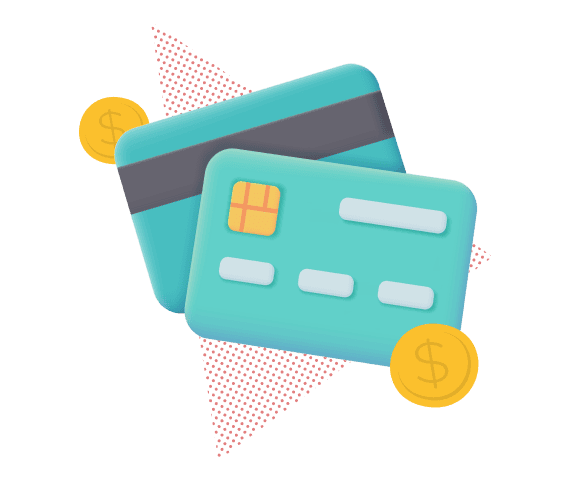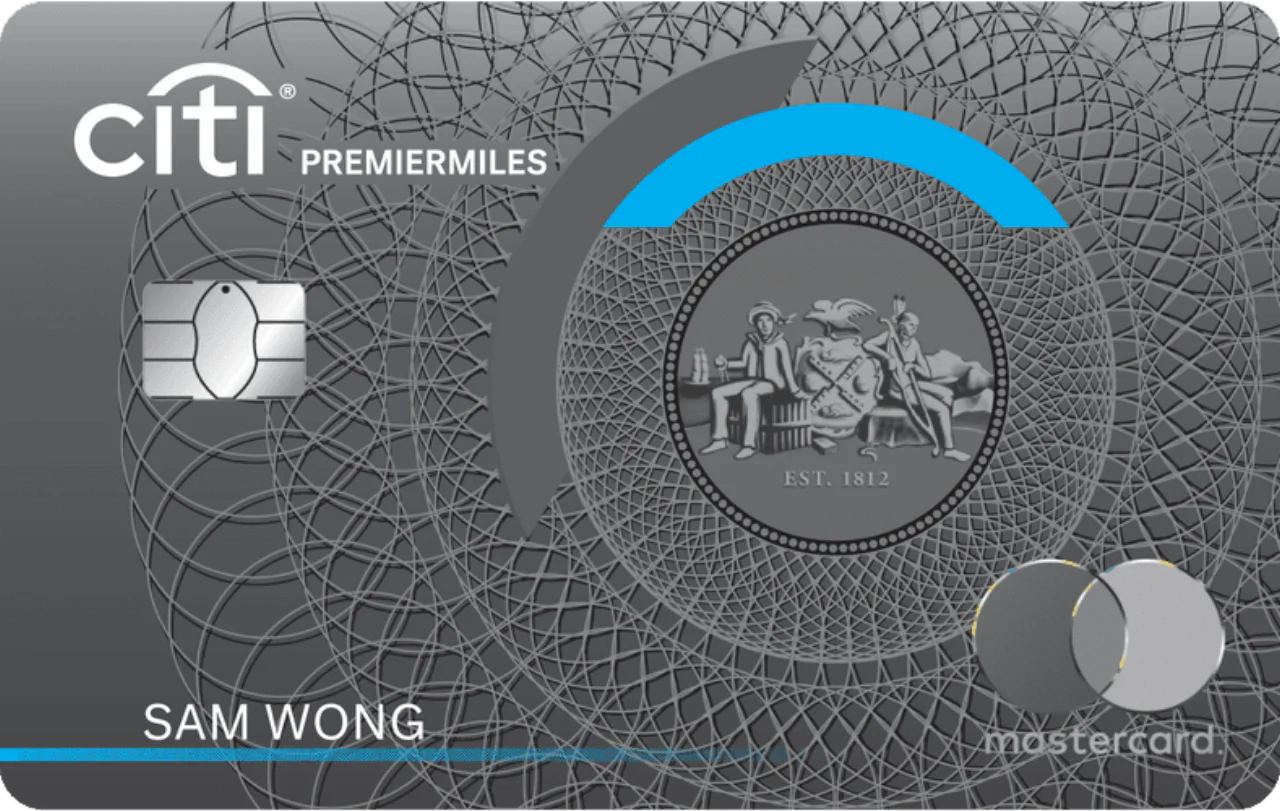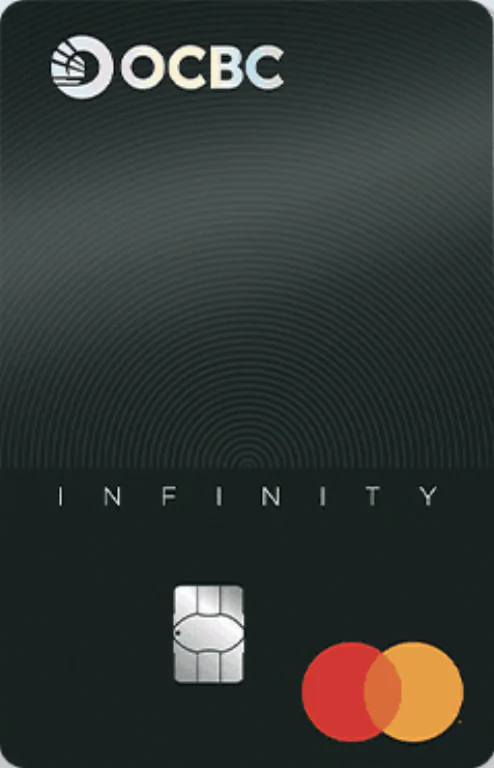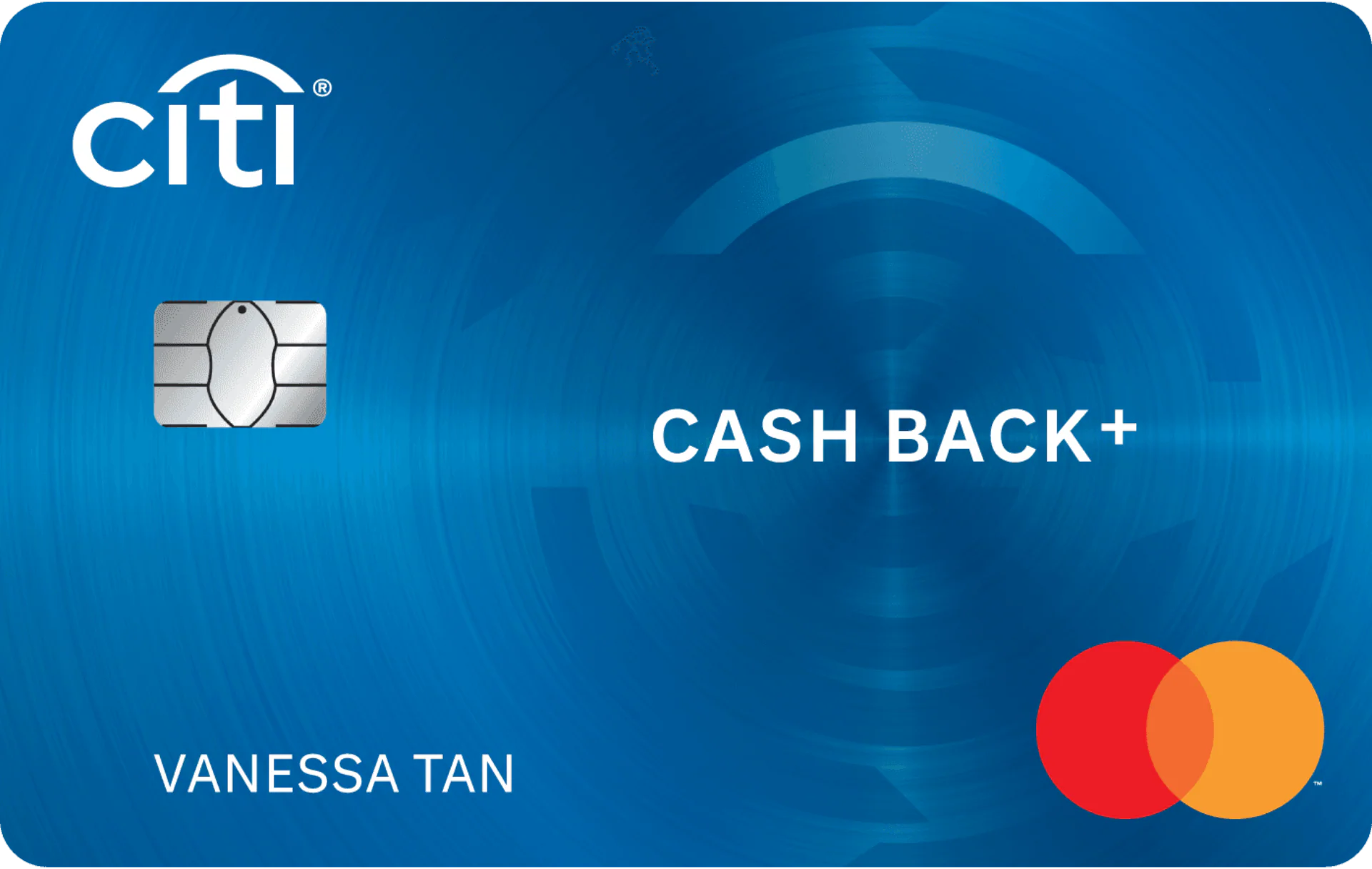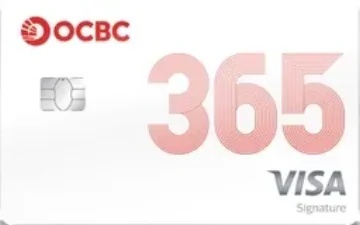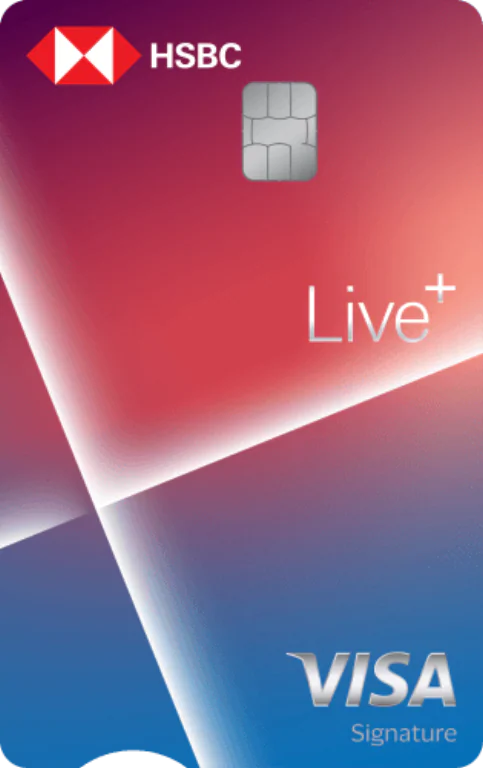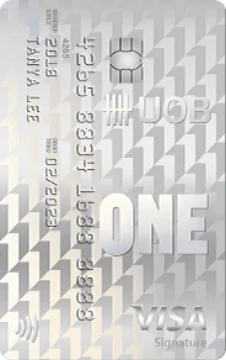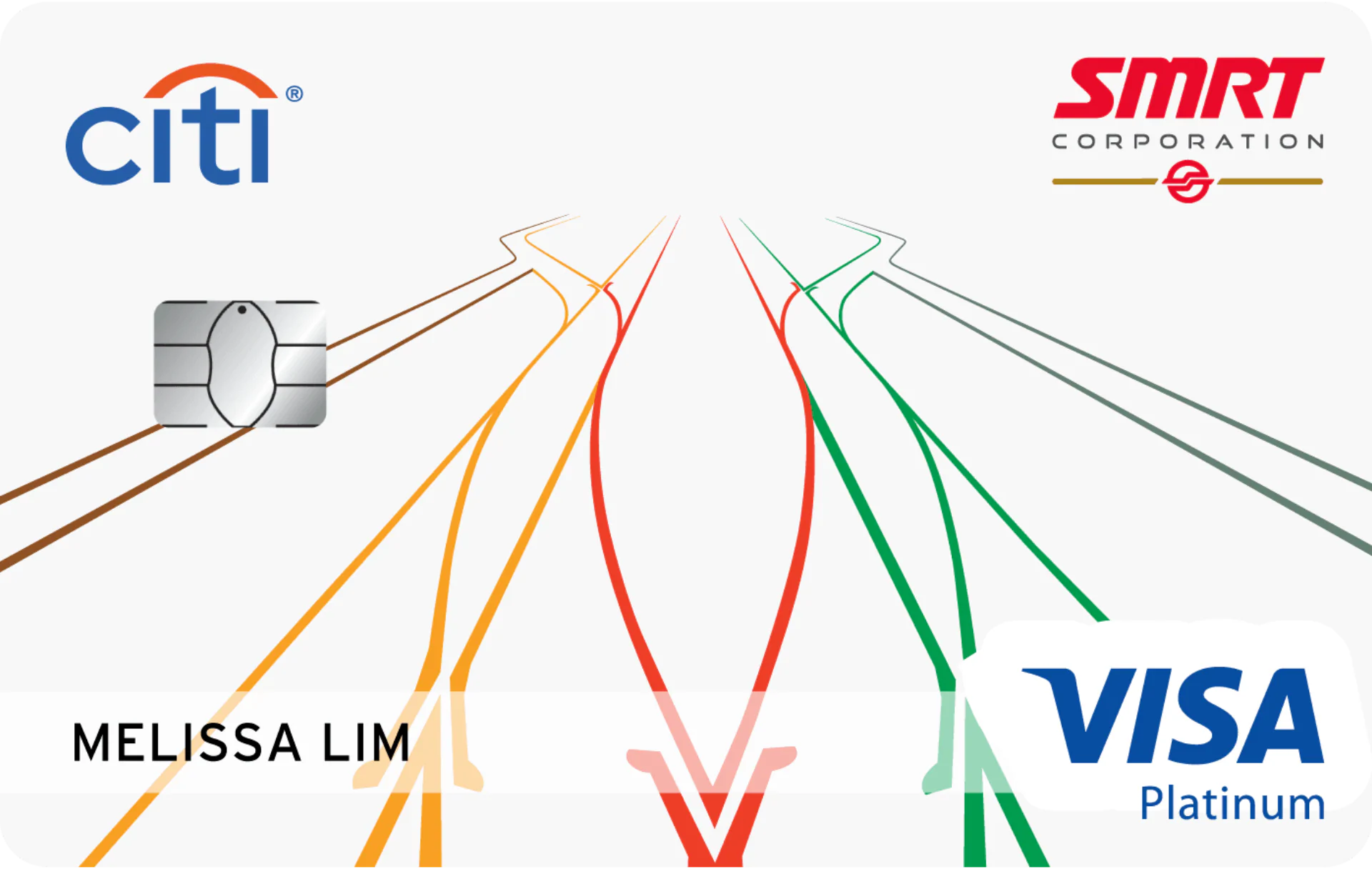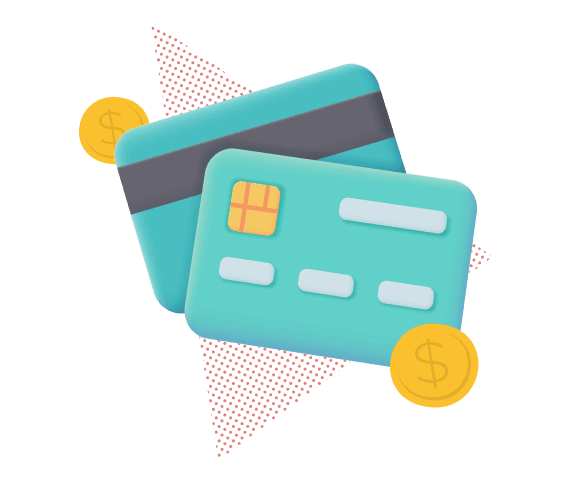Should You Update Your Income With Your Credit Card Issuer in Singapore?
Updated: 12 Dec 2025
Card issuers typically ask for income information initially, but they also request updates periodically. This article covers what you need to know.
Maintaining accurate income records after applying for a credit card in Singapore is essential for effective credit management. Regularly updating your income information ensures that your credit profile aligns with your current financial situation, which can have a significant impact on your credit facilities.
One of the main benefits of updating your income details is the potential for an enhanced credit limit. Credit card issuers usually increase your credit limit when they see an updated, higher income. This can help in building your credit score by improving your credit utilisation ratio, as long as your spending remains within manageable limits.
Moreover, by providing accurate income information, you help credit card issuers comply with regulatory requirements set by the Monetary Authority of Singapore (MAS), which ensures responsible lending practices. Updated income details can also make you eligible for additional credit products or exclusive offers, such as lower interest rates or better rewards programmes.
On the other hand, there are several consequences of not updating your income information. If your income decreases and you do not inform your credit card issuer, you could exceed the borrowing limit, which in Singapore is set at 12 times your monthly income. This could result in a suspension of your credit facilities, limiting your ability to make new purchases or request credit limit increases.
Additionally, failing to update your income may leave you ineligible for credit limit enhancements that could offer greater financial flexibility. It also increases the risk of over-indebtedness since your credit limit may not reflect your ability to repay, leading to potential debt accumulation.
>> MORE: Understanding your credit card limit: what you need to know
Looking for a new credit card?
Sign up or log in to your SingSaver account to access your credit score and receive suggestions for the ideal card for your needs.
Is it compulsory to update your income with credit card issuers?
In Singapore, updating your income information with your credit card issuer is generally a voluntary process. However, providing updated income details can influence your credit limit, as issuers often use this information to assess your creditworthiness. If your reported income decreases, the issuer may reduce your credit limit accordingly.
It's important to note that while income updates can affect credit limits, they are not mandatory. However, maintaining your current income information ensures your existing credit terms remain unchanged. Always consult your specific card issuer for their policies regarding income updates and credit limit adjustments.
How not updating your income can impact your credit limit increase
Credit card credit limits are often linked to reported income levels. Not updating your income information with your card issuer can result in missed opportunities for credit limit increases. For example, DBS Bank requires the latest income documents to assess eligibility for higher credit limits; failing to provide updated information may prevent any potential increases.
Similarly, Citibank considers income updates when reviewing credit limit applications; without current income details, you might not qualify for higher limits. Therefore, proactively updating your income can enhance your chances of obtaining increased credit limits.
Do credit card issuers verify your income?
In Singapore, credit card issuers typically rely on applicants' self-reported income during the application process, with minimal routine verification. Applicants declare their income, and issuers may request updates, especially when considering credit limit increases.
However, unless discrepancies arise or applicants default on payments, issuers generally don’t cross-check the provided income details. This approach emphasises trust in applicants' disclosures, addressing concerns about privacy and data sensitivity.
While this system streamlines application procedures, it also places the obligation on applicants to provide accurate information, as issuers generally do not independently verify income unless issues emerge.
>> MORE: Which credit cards should low-income earners in Singapore consider?
Impact of income updates on future credit offers
Updating your income information with your credit card issuer in Singapore can significantly influence your credit eligibility and tailored offers. Higher reported income may qualify you for premium cards with enhanced benefits, as issuers often use income data to segment their offerings.
Additionally, accurate income updates help prevent issues like suspension of credit facilities due to exceeding borrowing limits. Therefore, regularly providing current income details can lead to more personalised and favourable credit options.
>> MORE: Best credit cards in Singapore
Can credit card issuers share your income information with other companies?
Credit card issuers in Singapore may share your income information with affiliated companies or third-party partners for purposes such as marketing, credit assessment, or enhancing customer services.
However, this sharing is subject to strict data protection regulations under the Personal Data Protection Act (PDPA), which require your consent and mandate that issuers inform you about how your data will be used and shared.
It's advisable to review the cardholder agreement provided by the credit card issuer to understand how your income information may be shared.
Best Credit Cards in Singapore
Discover the perfect credit card
Compare and explore various credit cards in Singapore, from cashback offers to travel benefits, to find the one that suits you best.
